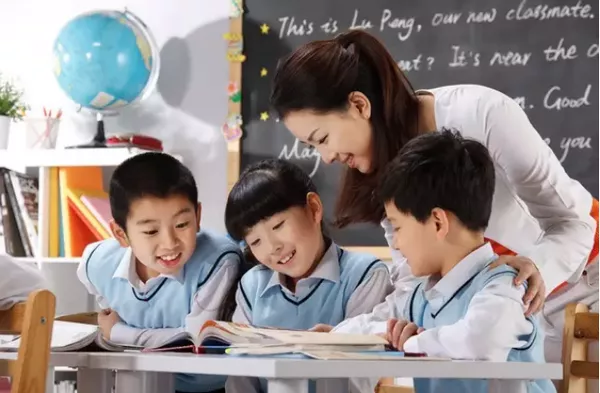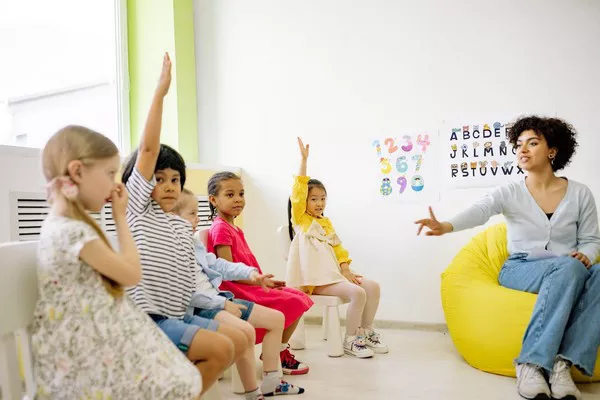In response to a distressing surge in youth suicides, Taiwanese high schools are set to implement a mental health leave program this month, aimed at addressing heightened stress and depression levels among students.
Under the initiative, high school students are eligible to request up to three days of leave per semester, with the flexibility to take full or half days. No formal documentation is required for approval, but parental consent is mandatory. More than 40 schools have expressed interest in participating in the trial run, as reported by the Ministry of Education.
This measure comes as a direct response to escalating concerns surrounding mental health issues among the youth in Taiwan. Alarming statistics reveal that the suicide rate among individuals aged 15 to 24 more than doubled between 2014 and 2022, despite an overall decline in the general population.
Criticism has been directed at certain Taiwanese authorities for their handling of the crisis, with advocates pointing to intense academic pressure as a primary contributor to stress, anxiety, and depression among students. In 2022, a senior official from the Ministry of Health and Welfare faced backlash from youth advocacy groups for attributing the increase in suicides to the “growing number of tall buildings in Taiwan.” This response was deemed dismissive of concerns about academic pressure’s impact on students in Taiwan and other East Asian countries.
A 2022 survey by the Child Welfare League Foundation highlighted the severity of stress levels among students, with over 12% reporting “severe” stress, particularly pronounced among senior high school students. Additionally, nearly a quarter of high school students reported experiencing severe depression, with the top stressors identified as schoolwork (77%), future prospects (67%), and interpersonal relationships (43%).
Despite the introduction of mental health leave, some students remain skeptical of its efficacy. One high school student expressed doubts, stating, “I don’t think you can deal with an emotional or mental state by taking time off school. It’s just an escape.” Concerns were also raised about potential opposition from parents who may not fully comprehend the pressures faced by high school students.
Psychologist Hsiao Chih-hsien from the National Sun Yat-sen University counseling and health unit sees the mental health leave initiative as a positive step. Hsiao emphasized that these leave days offer a degree of relief, allowing students to manage immediate stressors and providing crucial time for rest and coping.
Moreover, Hsiao believes that the program could contribute to transforming societal attitudes towards mental health. “If mental discomfort is seen in a normalized manner,” Hsiao stated, “students will be more courageous in seeking help.”
Despite the positive potential, a 2018 poll revealed that over 53% of Taiwanese people believed mental illness was stigmatized in society. An 18-year-old Taipei student expressed concern that this stigma might deter many young people from utilizing mental health leave, fearing judgment from peers regarding their mental well-being.


























